

Challenges Encountered in Drone and MaaS Adoption: Insights from 2025 User Survey
A Comprehensive Insight into the Drone and MaaS User Survey 2025
In a groundbreaking study conducted by Persol Business Process Design Co., Ltd., affiliated with the Persol Group, crucial challenges surrounding the implementation of Drone and Mobility as a Service (MaaS) technologies have been unveiled. The survey sampled management professionals involved in business planning and new business development from companies with over 100 employees, shedding light on the pressing issues within these rapidly evolving fields.
Background of the Study
As developed nations grapple with societal challenges such as decreasing populations and an aging workforce, the government and various companies are turning to digital solutions known as smart cities. Through the adoption of drones and MaaS, there is hope for alleviating these challenges. The deregulatory move in 2022 allowing Level 4 drone flights opened doors for substantial advancements in operational regulations. Concurrently, the government has been promoting MaaS to improve regional transport and address tourism and healthcare needs.
This study, conducted from February 18 to February 19, 2025, aimed to illuminate companies' real-world application of drones and MaaS technologies, while identifying the pain points and the rising interest in consultancy and human resource services to provide support.
Summary of Findings: Drones
The survey's findings suggest significant expectations for solutions like research and consulting services to tackle operational issues in drone usage. Among the respondents, 60% expressed an eagerness to provide acquired data and analytical results through data integration platforms or urban operating systems. However, many companies also cited a lack of internal rules, personnel, funding, knowledge, and expertise as barriers to effective data utilization.
Detailed Findings on Drones
1. Operational Challenges: The most frequently mentioned challenges faced in operational settings included operational costs, flight safety, and aircraft performance.
2. Expected Services: Respondents are particularly interested in services that include research and consulting, human resource placement, and project management for operational safety. Specialized solutions are being sought for specific challenges such as skill deficits, personnel shortages, and partner identification.
3. Data Sharing: Of those who reported data acquisition, 14.3% are already providing, while 42.5% wish to share their data externally, indicating a strong commitment to data integration and collaborative efforts.
4. Internal Barriers: Key internal barriers identified include the lack of established company rules regarding data use (38%), insufficient promoting personnel (36.8%), and high operational and implementation costs.
Summary of Findings: MaaS
MaaS initiatives primarily focus on local and urban transport needs, although logistics and tourism applications are also evident. Most respondents acknowledged either having projects underway or considering the potential, with an increasing trend observed across various sectors.
Detailed Findings on MaaS
1. Application Areas: The results show a predominant focus on local transport services (46.7%), with urban transport, logistics, tourism, and healthcare applications also gaining momentum.
2. Interest in Data Collaboration: A significant portion of respondents (47.8%) are exploring connections between MaaS and telehealth services, showing a keen interest in service integration.
3. Identified Challenges: Respondents highlighted knowledge gaps and deficiencies in data quality as primary hurdles to effective data utilization in MaaS.
4. Solution Preferences: There is a notable expectation for consultancy and partnership introduction services to overcome these barriers, emphasizing the need for external expertise.
Conclusion
The findings from the Persol Business Process Design survey underscore the commitment of companies in integrating drone and MaaS technologies while highlighting crucial areas for support and service provision. Despite recognizing the potential of these technologies to create new efficiencies and innovations, structural challenges such as insufficient internal frameworks and workforce limitations remain prevalent.
Persol Business Process Design is dedicated to aiding organizations in leveraging these technologies through tailored solutions that consider the unique challenges and possibilities presented by smart city initiatives. As societal concerns such as labor shortages and environmental issues intensify, establishing sustainable practices will be essential for companies.
For more details, please visit Persol Business Process Design.

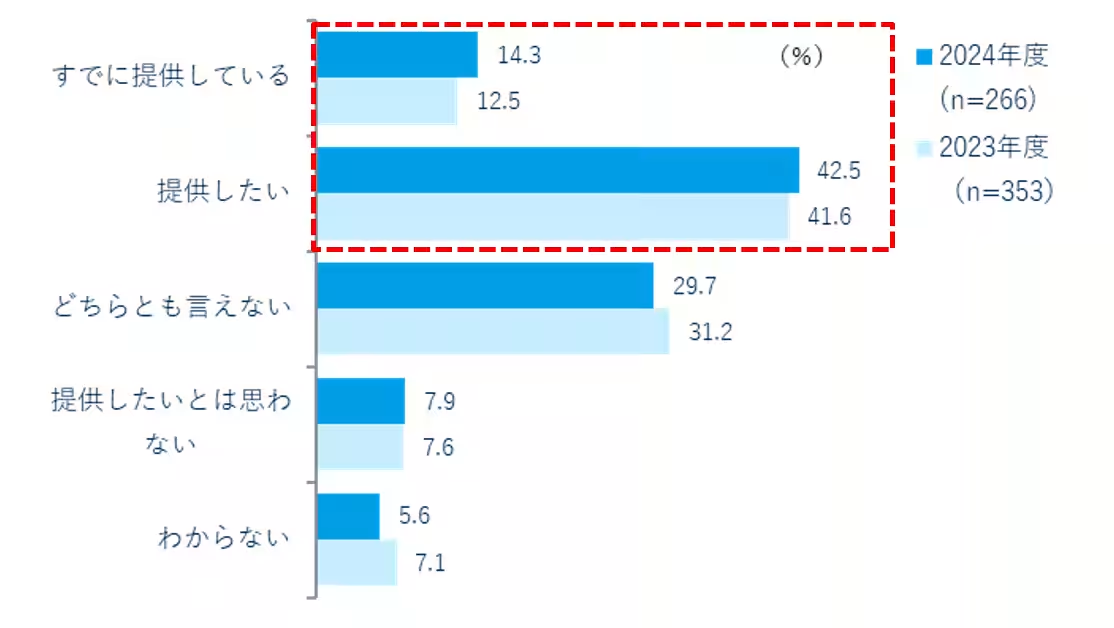
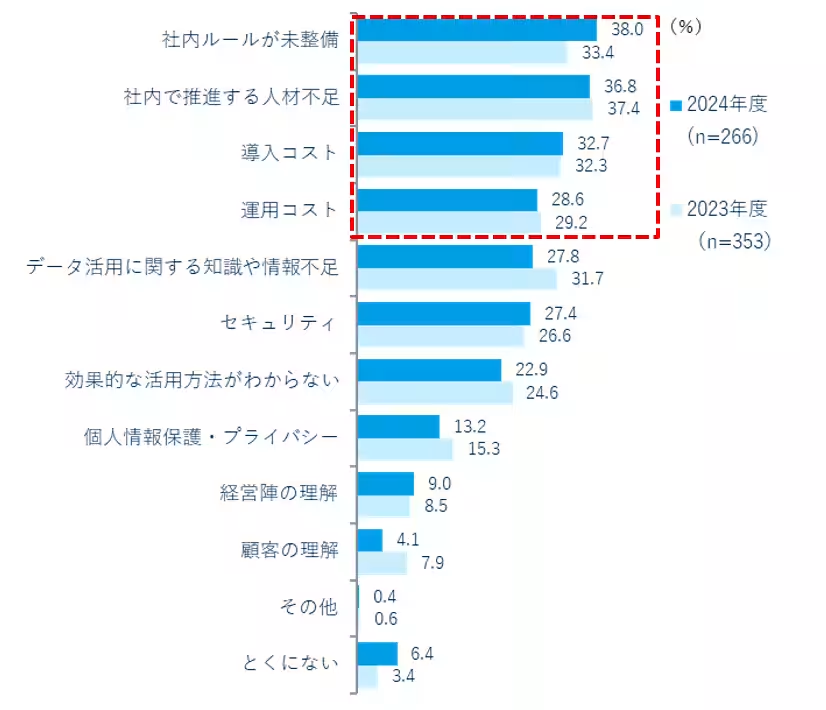

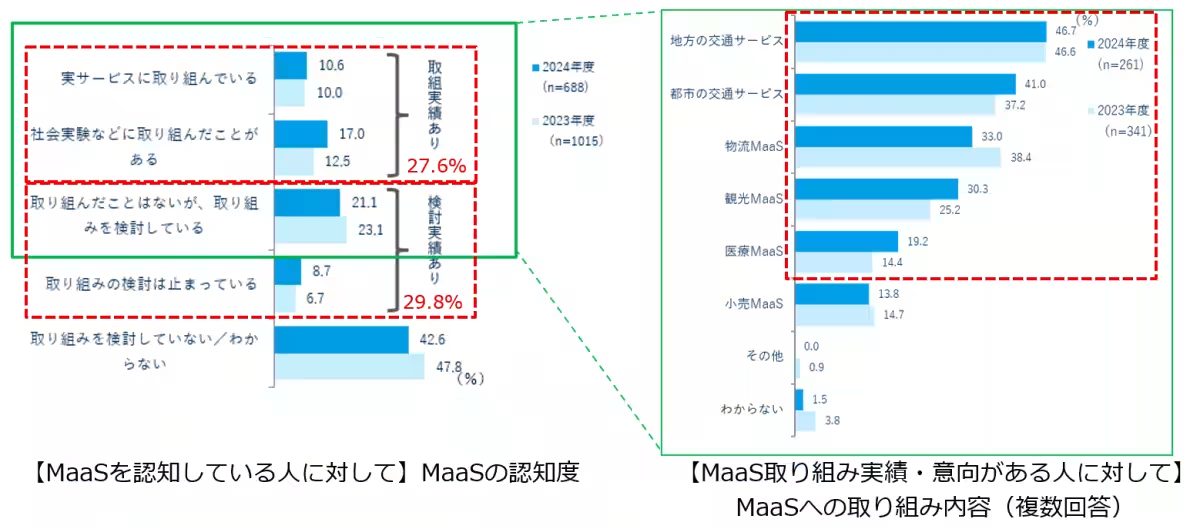
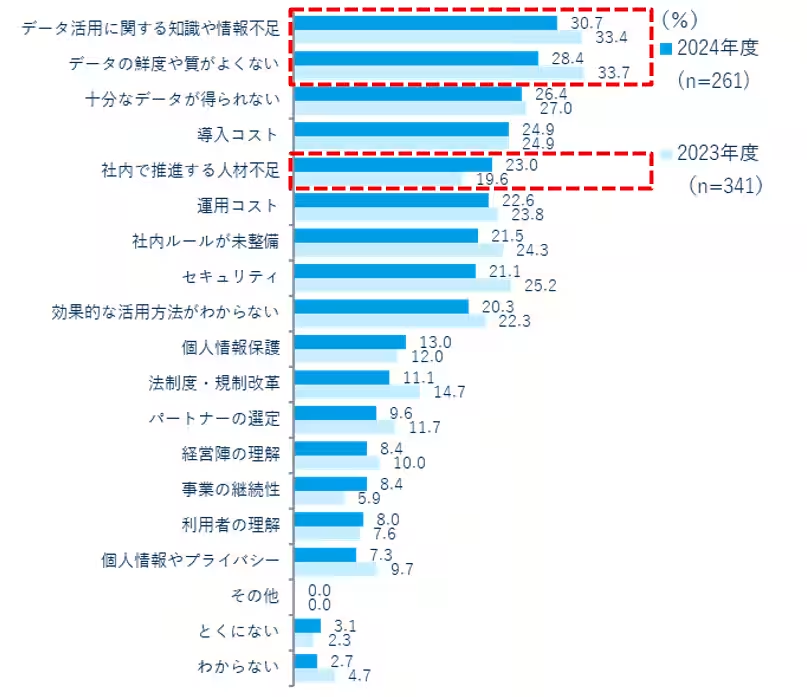


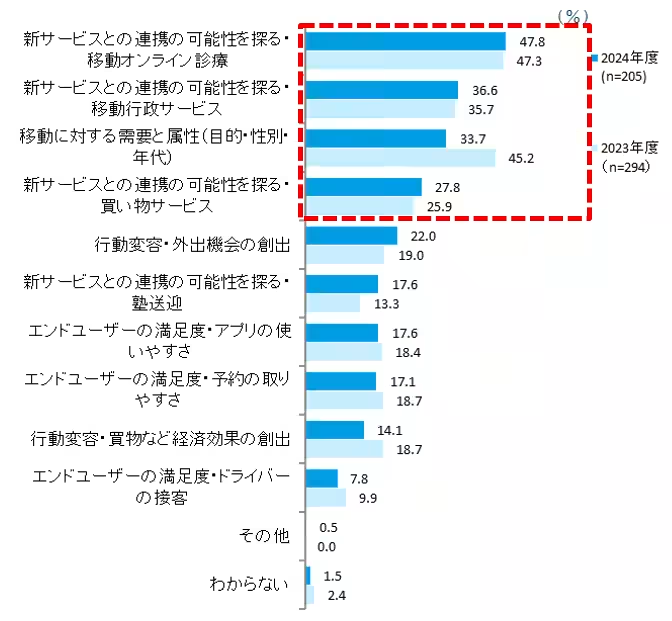
Topics Consumer Technology)










【About Using Articles】
You can freely use the title and article content by linking to the page where the article is posted.
※ Images cannot be used.
【About Links】
Links are free to use.